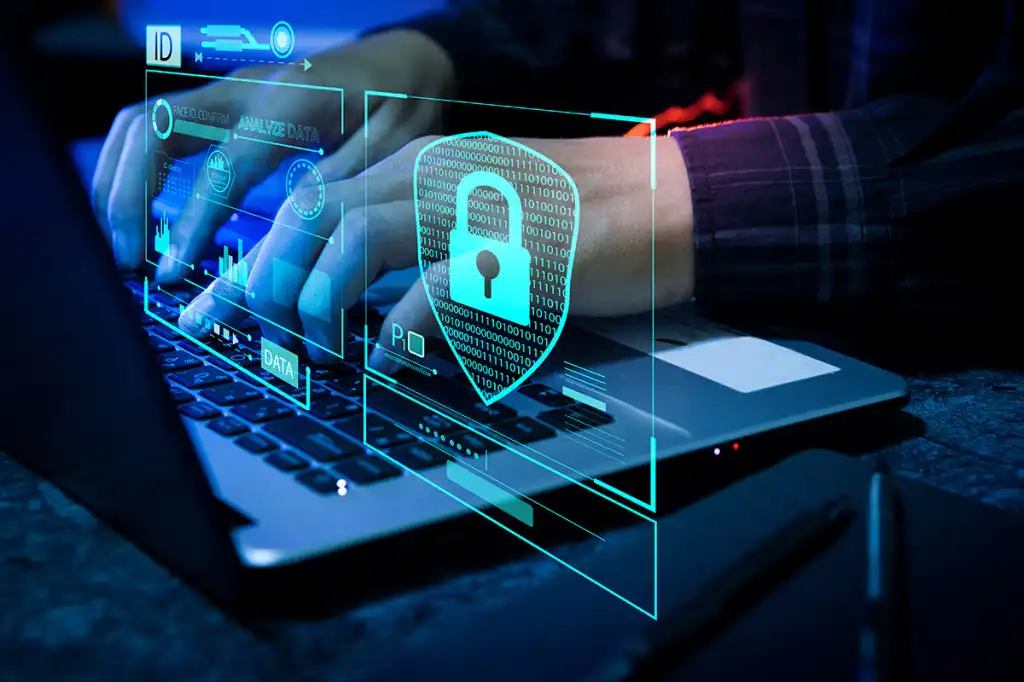Navigating Remote Work Security: A Brief Introduction to Best Practices and Insights

Introduction
The remote work trend has experienced a significant acceleration, due to the COVID-19 pandemic, leading to an increase in the number of remote workers. The modern workplace has been profoundly reshaped by the rise of remote work. As more employees and organizations embrace this shift, it is crucial to address the security challenges in remote work environments. To ensure the safety and integrity of remote work requires a proactive approach to mitigate risks and protect sensitive information.
The Rise of Bring Your Own Device (BYOD) and Remote Work
The trend of Bring Your Own Device (BYOD) in the context of remote work has gained many changes due to technological advancements and evolving workplace dynamics. Workers are increasingly embracing remote work setups, and many companies are recognizing the benefits of this flexible work model, leading to the widespread adoption of BYOD programs.
Remote Work Trends
- Popularity driven by technology and workplace changes.
- Embraced by employees and organizations for its flexibility.
BYOD Programs
- Enhance flexibility in remote work but poses a security challenge
- Balancing productivity benefits with security risks is crucial
Security Challenges
Remote work surroundings pose unique security challenges, including vulnerabilities in home networks, device security, and data sequestration enterprises. Recent trends highlight the need to address these challenges as cyber threats targeting remote workers continue to increase.
Security challenges require careful consideration:
Network & Cloud Security: Remote employees create potential vulnerabilities for hackers when they connect to the company network through various channels. Secure connections and data transmission protocols are crucial.
Endpoint Security: Laptops and smartphones used for remote work are at risk of compromise, necessitating measures to safeguard sensitive corporate information and prevent unauthorized access.
Phishing Attacks: Remote workers are highly susceptible to phishing emails and scams, emphasizing the need for heightened awareness and robust email security measures to prevent unauthorized access to corporate systems.
Governance, Risk & Compliance (GRC): It is also essential for organizations to maintain a robust governance and compliance system. If the system in which remote employees are operating is breach proof, the chances of an attack are minimal.
Best Practices for Remote Work Security
- Keep your home network secure with strong passwords, regular updates, and network encryption
- Implementation of VPN and its mandatory use
- Strengthen Authentication using Multi-Factor Authentication(MFA), strong word programs
- Use device encryption, regular updates and patches, antivirus and Anti-Malware
- Educate employees with phishing awareness campaigns and best practices
- Access and share data based on the principle of least privilege. Secure sharing platforms
- Implement non stop Monitoring and Incident Response Plan
- Use Cloud Security to regularly check cloud services
Cyber security Awareness and Training
Continuous education and cybersecurity training, awareness programs for remote workers are essential for empowering workers to identify and respond to common cyber security threats. Offering comprehensive training can significantly improve the overall security of remote work surroundings.
Secure Communication Tools
Exercising secure communication tools is pivotal for maintaining the integrity of communication channels in remote work surroundings. Employing encrypted email services and secure messaging operations can provide an extra layer of protection, ensuring that sensitive information remains non-public.
The future of remote work security
As we look ahead, the future of remote work security hinges on advancements in security technologies. Proactively anticipating evolving threats and adhering to security measures are critical to ensuring the adaptability of a remote work environment.
Conclusion
Remote work security stands as a foundation of ultramodern work culture. As remote work increases in frequency, businesses and employees alike must prioritize vigilance and foresight to effectively protect remote work environments. As we navigate this evolving geography, maintaining a strong focus on security ensures the safety and integrity of remote work setups, empowering associations and individualities to thrive in the digital period.
